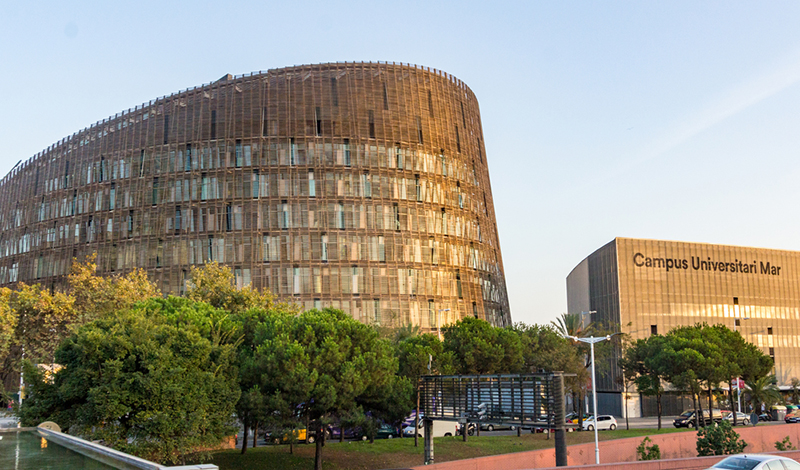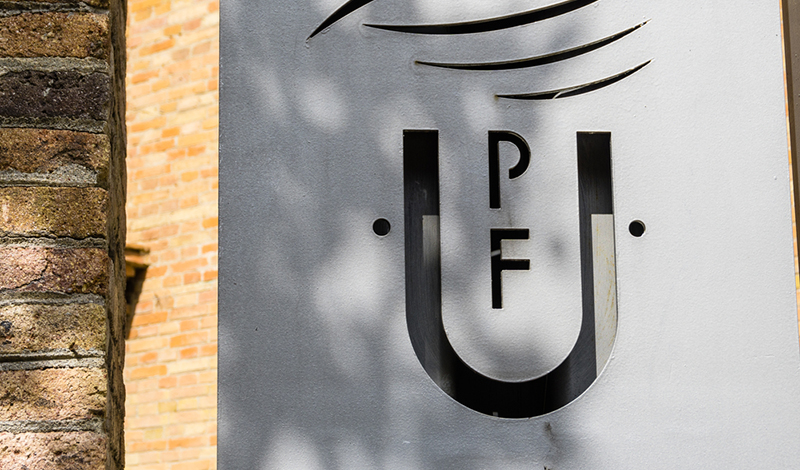WORKSHOP: Strengthening Electoral Participation
Barcelona, May 2-4, 2022



The general goal of this conference is to welcome presentations of research papers or studies that relate to, and facilitate discussion about, different ways to strengthen electoral participation. How can we define the notion of "strengthening electoral participation"? Does it include only ways to increase turn-out or also ways to increase the quality of voting? If the latter, how can we understand "the quality of voting"? Have non-electoral processes of citizen participation and engagement any role in strengthening electoral participation? What's the role of political parties, of civil society organizations, of the media, and of social movements and the youth in strengthening electoral participation? And, finally, as an additional question: how the pandemics have affected our democratic elections and how can we strengthen those elections in that context?
DAY 1: Monday, May 2, 2022
DAY 2: Tuesday, May 3, 2022
DAY 3: Wednesday, May 4, 2022
Session 1
09:15-09:30 Welcome and opening
remarks
09:30-11:15 PANEL 1: Have non-electoral
participatory processes any impact on
strengthening electoral participation?
Panel chair: José Luis Martí - University
Pompeu Fabra
Pierre-Etienne Vandamme - Université
Catholique de Louvain
Can Democratic Innovations Save Electoral
Representation?
Yanina Welp - Graduate Institute, Geneva
The effects of participatory democracy,
beyond false oppositions and
reductionisms
Laurențiu Gheorghe - University of
Bucharest
Switching from activists to politicians in
Romania - ethical, practical and electoral
challenges
11:15-11:30 COFFEE BREAK
11:30-13:15 PANEL 1 (continued)
Panel chair: Michele Giavazzi - University
of Genoa
Victoria Kristan and José Luis Martí -
Pompeu Fabra University
Non electoral citizen engagement and the
quality of electoral participation
Jacob Garrett - University of Genova
Local schools as national microcosms: How
participation at schools engenders national
political consciousness
David Farrell - University College, Dublin
The importance of context in determining
how mini-publics can impact on
maxi-publics: the Irish experience
Session 3
09:30-11:30 PANEL 3: The role of political
parties in stregthening electoral
participation
Panel chair: Victoria Inostroza -
University Pompeu Fabra
Fabio Wolkenstein - University of Viena
How can political parties integrate today?
Francisco Garcia-Gibson - London School of
Economics
Climate change and compromises in party
coalitions: The Austrian Greens case
Dimitrios Efthymiou - Goethe University
Frankfurt
Are all populists against immigration?
Distinguishing between ‘thick’ and ‘thin’
conceptions of populism
Berta Barbet Porta - Institut d'Estudis
d'Atogovern de Catalunya
Why are they not representing their people?
Incorporating the notions of agenda and
schemes of thinking into the study of
party’s substantive representation
conceptions of populism
11:30-12:00 COFFEE BREAK
12:00-13:15 PANEL 4: Democracy, elections
and youth - The role of young people's
activism and participation
Panel chair: Chiara Destri - Goethe
University Frankfurt
Alexandru Volacu - University of Bucharest
Age and electoral participation.
A proposal for the expressive
enfranchisement of children
Carles Feixa, Roger Soler - Pompeu Fabra
University
From the camp to the parliament. Youth
political participation after the 15M
movement
Alejandro Cozachcow - Pompeu Fabra
University
10 years of lowering the voting age in
Argentina (2012-2022). Lessons and
challenges on young people’s political
rights, political mobilization and political
parties.
Session 5
10:30-12:30 PANEL 6: Elections and the
pandemic emergency - Ethical challenges
and lessons learned
Panel chair: José Luis Martí - University
Pompeu Fabra
Ismael Peña López - Catalan School of
Public Administration
Ethics and legitimacy of institutions solving
wicked problems: The Catalan elections
during the COVID-19 Crisis
Toby S. James - University of East Anglia
Electoral integrity and the Covid 19
pandemic: Lessons from an international
crisis
Teresa Nunes Violante - Max Planck Institute
Voting in the Pandemic: The Case of Portugal
12:30-12:45 Closing remarks
Session 2
14:30-16:00 KEYNOTE ADDRESS
Jane Mansbridge - Harvard University
Why and how to increase turnout
16:00-16:30 COFFEE BREAK
16:30-18:30 PANEL 2: Democratic
innovations
Panel chair: Ignacio Giuffré - University
Pompeu Fabra
Chiara Destri - Goethe University Frankfurt
Annabelle Lever - Sciences Po Paris
Democratic equality: What does it require?
Henrik Serup Christensen, Janette Huttunen,
Fredrik Malmberg, Nanuli Silagadze - Åbo
Akademi University, Finland
Unequal inequalities? How participatory
inequalities affect democratic legitimacy
PANEL 5: Strengthening European
elections: Should we emancipate
European representation from national
representation, and, if so, how?
Panel chair: Annabelle Lever - Sciences Po
Paris
Sebastián Linares - Universidad Nacional
del Sur, Argentina
In defense of solid democracy
Session 4
14:30-16:30 ROUND TABLE: The role of think
tanks, civil society organizations, and
social movements in strengthening
electoral participation
Moderator: José Luis Martí - University
Pompeu Fabra
Carys Roberts - Institute of Public Policy
Research (UK)
Richard Wike - Pew Research Center (USA)
Sophie Pornschlegel - European Policy
Centre
Johannes Nuutinen - Demos Helsinki
Marion Le Blanc - CivicPower (France)
16:30-17:00 COFFEE BREAK
17:00-18:15 PANEL 5 (cont): Strengthening
European elections: Should we
emancipate European representation
from national representation, and, if so,
how?
Panel chair: Annabelle Lever - Sciences Po
Paris
Nahuel Maisley - University of Buenos Aires
Every cloud has a silver lining:
The EU-Mercosur Agreement and regional
democracy in South America
Maria Diaz Crego - European Parliament
Think Tank
Transnational electoral lists: A way to further
Europeanise elections to the European
Parliament?